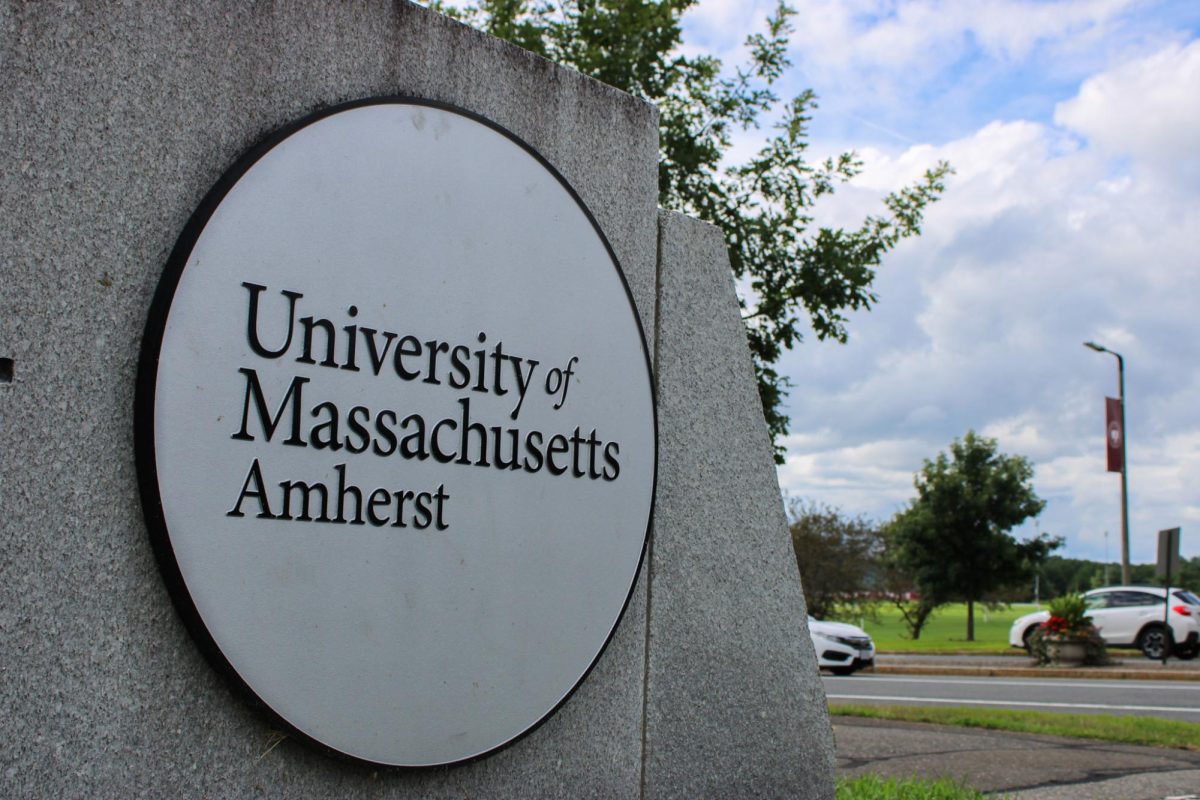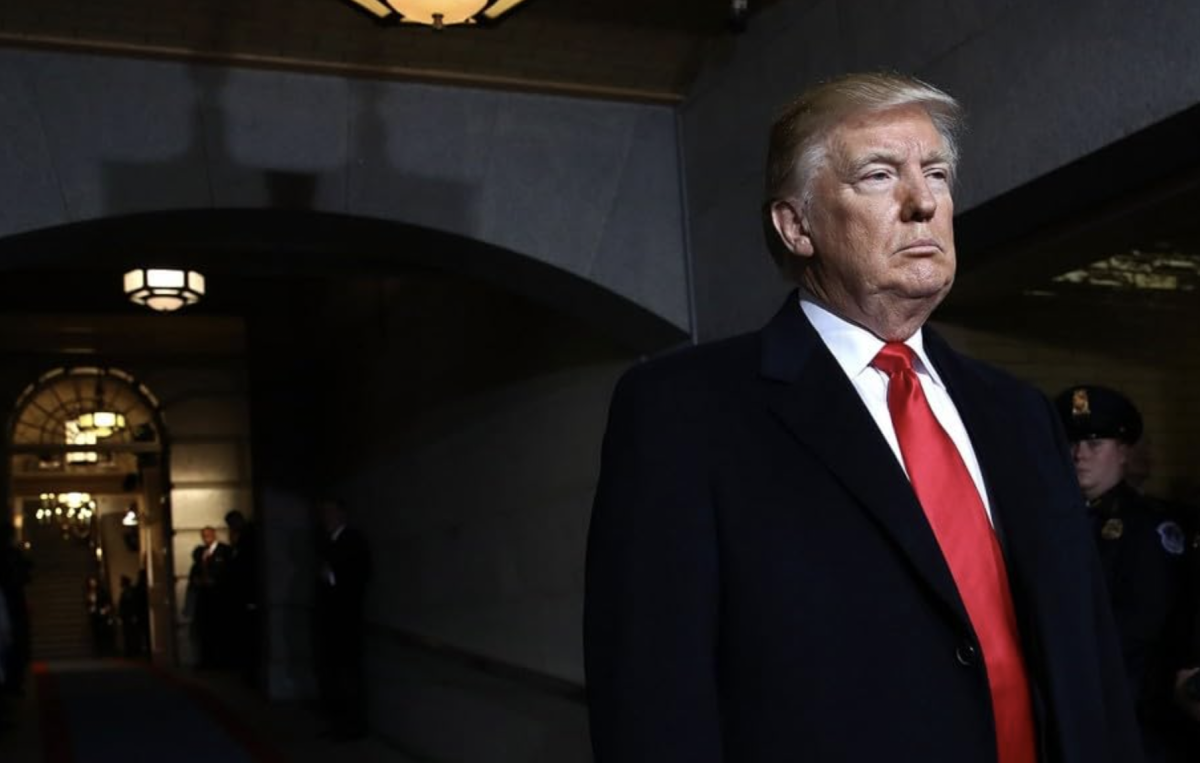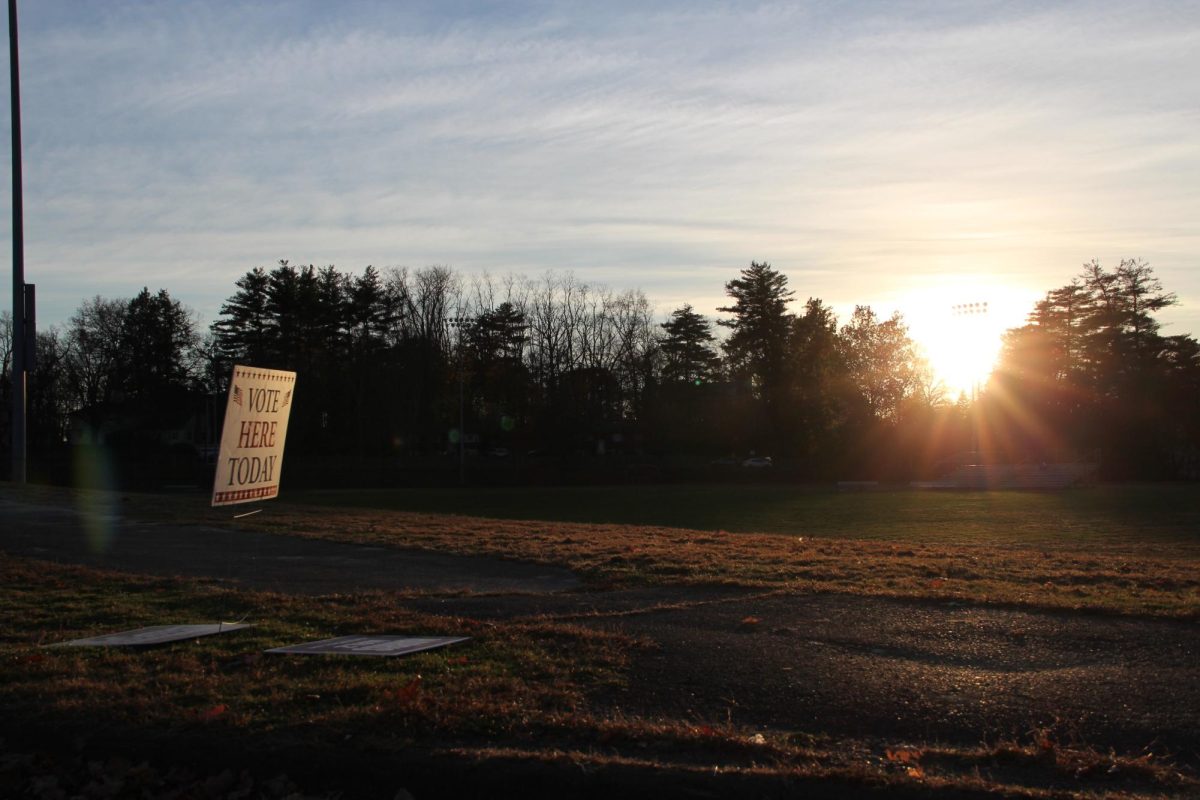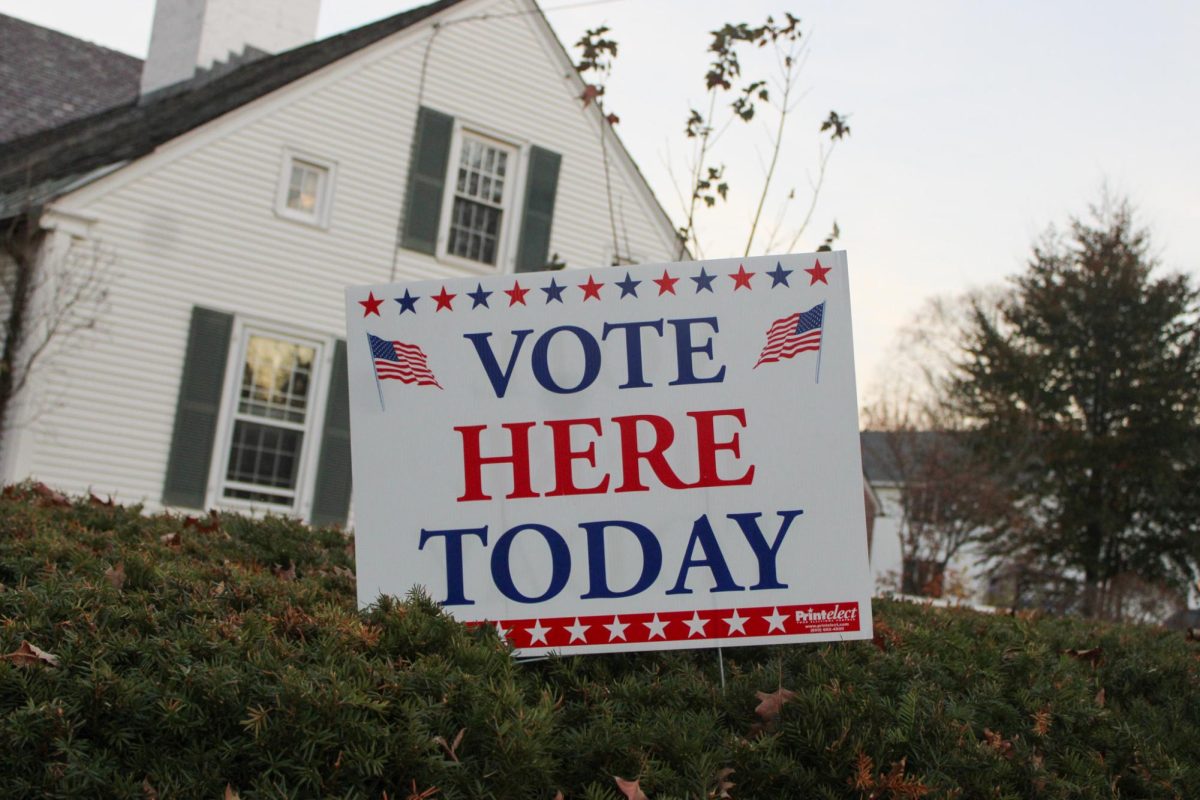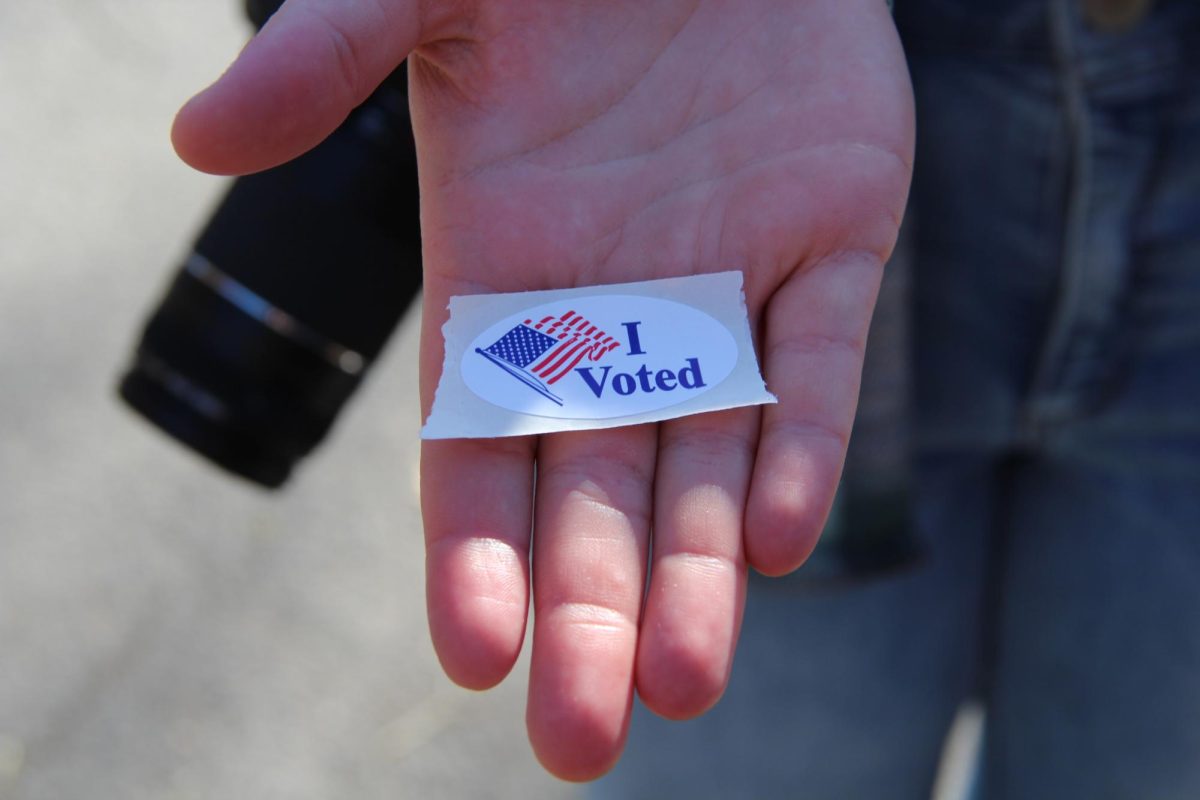Absentee ballots make voting in the upcoming Presidential election easier for many college students, including those at the University of Massachusetts Amherst who are voting in their hometown districts from campus.
Soumya Boutin, a sophomore journalism and political science major with a minor in French from Great Barrington, MA has already cast her absentee ballot. “I think it’s an honor,” Boutin said about voting.
Youth voter turnout in presidential elections often fluctuates. According to Statista, only 49.1 percent of Americans aged 18 – 24 were registered to vote in 2022 compared to 77.9 percent of 65 – 74-year-olds.
Students over the age of 18 can register to vote in this upcoming election. In Massachusetts, the registration deadline was Oct. 26. In 2020, 66 percent of registered voters participated in the presidential election, the highest voter turnout in the 21st century according to the Census Bureau.
Indira Calvo, a sophomore studying legal studies and an individual concentration in environmental refugee displacement at UMass Amherst is voting in her hometown of Manhattan.
“I ended up getting my ID earlier this year because I knew the election was happening in the fall and I wanted to be registered to vote,” Calvo said.
Calvo said, “Knowing that I wasn’t going to be in New York when the election rolled around, I made sure to register for my absentee ballot so I could get it here and then mail it back in time.”
Jill Alie Hercule Espinal, a junior sociology and public policy major at UMass is from Tallahassee Florida, where she is registered to vote.
“I remember going online and there’s a specific form you have to fill out to get an absentee ballot, and then you send it over through email to your county supervisor. And then from there, you’re going to receive your ballot,” Espinal said.
Espinal said the whole process was “extremely easy.” Since this is her first time voting, she looked the steps up online and was able to find information quickly.
“I just looked [absentee voting] up online because I didn’t know how to do it, and I found a website, and literally took, like, maybe five minutes,” said Sam Pedersen, senior speech language and hearing sciences major from Great Barrington, MA.
For Boutin, the online process didn’t work; “I became a citizen not very long ago, and I struggled with registering for a while,” Boutin said.
This summer, her voting eligibility status was wrong online, but correct when she checked at her town hall the same day. Being able to now vote makes Boutin feel “more American.”
Henry Foster-Tobin, a freshman geography major at UMass from Tennessee, found the process easy despite one obstacle.
“They made this new law in Tennessee, and if it’s your first time voting it has to be in person, unless you register in person, and then you can request an absentee ballot in person,” said Foster-Tobin.
If Foster-Tobin had not known about the new Tennessee law, he likely would have missed the opportunity to vote as he would have been unable to return home to register.
“I think [absentee voting] makes it easier,” said Foster-Tobin, noting that absentee voting means you don’t have to take time out of your day traveling to vote.
Calvo’s entire family is voting by absentee ballot this year, so they don’t have to take the day off work. “It’s nice to see that New York is accommodating in that way, that they have the infrastructure in place to be able to send out all of these [absentee ballots] as well,” Calvo said.
“I feel like voting is so accessible, so I definitely think that anyone [that can vote] should,” Espinal said.
In the 2020 presidential election, 55 percent of registered voters aged 18 to 29 participated, according to Statista, a ten point increase from 2016.
“I want my vote to count, to hopefully make everything a little bit better, a little bit easier, especially as a woman,” Pedersen said.
Espinal noted she is nervous about this upcoming election and emphasized the need for students to vote, saying “I think voting is one of our civic duties and responsibilities that we need to uphold, because it is, you know, a pillar of our democracy.”
A 2023 Tufts Circle poll found that 57 percent of people aged 18–34 said they were “extremely likely” to vote in the 2024 presidential election.
“I think a lot of young people specifically feel as though their vote doesn’t matter,” Boutin said. “And I think it does, because if every person believes that their vote doesn’t matter, well then who’s [going to] vote?”
“No matter who you vote for, just make sure you’re well-educated before you vote,” Pedersen said, “know who you’re voting for, learn the facts, learn what policies they want to put in place, and just be very aware of who you’re going to vote for.”
More information on Massachusetts voting can be found on the Secretary of the Commonwealth of Massachusetts’ website.
Alexandra Hill can be reached at [email protected] and Alexandra Rowe can be reached at [email protected]

